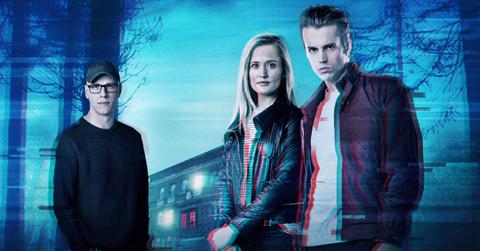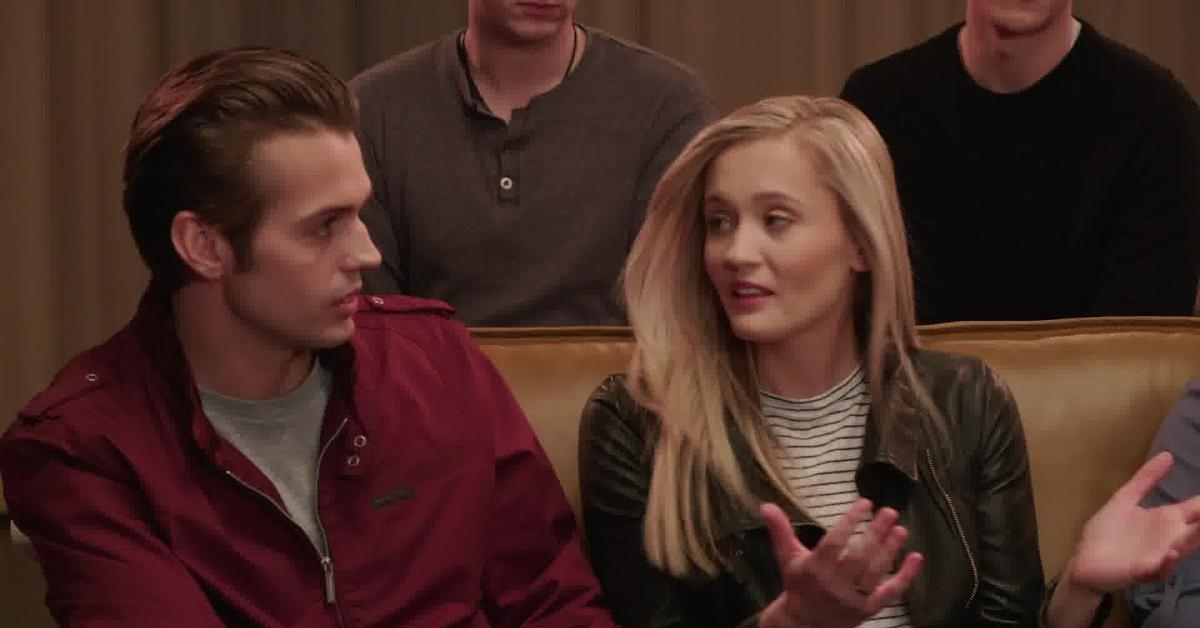‘Destination Fear’ Fills a Familiar Void Missing in the Paranormal Genre
Published Aug. 23 2021, 9:01 a.m. ET

In addition to writing for Distractify, I was lucky enough to be a featured lead investigator on A&E's Ghost Hunters, so I know a thing or two about paranormal programming. And there are plenty of other spooky ghost shows out there, like Destination Fear on the Travel Channel.
And since I work in paranormal TV the big question I'm always asked is: Is it fake?
Is 'Destination Fear' fake?
When you've been ghost hunting for a few years, you can easily spot whenever a piece of footage or a ghostly interaction is either fake or exaggerated for the cameras. Naturally, a lot of paranormal investigative shows that are predicated on documenting crazy finds usually feel the pressure to provide — and, if necessary, falsify — scares in order to maintain relevance.
What differentiates Destination Fear from other paranormal shows is its inherent structure, and a lot of that has to do with the name of the show itself.

MTV die-hards may remember Fear from back in the day. The program that featured close-up cameras of frightened participants' faces had people stay in a reportedly haunted location, and they were scared to bits for our viewing enjoyment. Destination Fear takes aspects of the popular MTV intellectual property and blends in some paranormal investigative elements.
For the most part, the crew of Destination Fear visits well-known and beloved landmarks in the paranormal community. And the formula is definitely working for the series. It's one of the Travel Channel's more popular ghost shows.
But how "real" is the show? A lot of what is captured depends on not only the production company but the individuals working on the production as well.
When it comes to paranormal investigating, there are some pieces of equipment that are almost designed to give false positives that can be "juiced" for the cameras. REM pods, for example, are extremely susceptible to radio frequencies. So if someone is standing with a walkie-talkie, or a crew member wants to mess with an investigator, all they have to do is "key" that to make it look like a ghost is interacting with it.
There are some investigators who will use equipment knowing full well it's sensitive, but they won't try to debunk or recreate the readings because they want to make sure there appears to be paranormal activity. Then there are some TV personalities who straight-up fake visual evidence and try to pass it off as legitimate when everyone knows it isn't.
So does that mean 'Destination Fear' is fake? Not necessarily.
While there are definitely strong arguments to be made for obvious fakery on even the most popular and/or respected of paranormal TV shows, the veracity of the captures solely lies on the shoulders of the investigators themselves.
For example, the EMCCD camera capture and shadow figure captured in Alaska on Ghost Hunters, along with the EVP and back and forth interactions on our motion detector in Pampa, were put through their paces to rule out any empirical explanation.
In fact, when we visited Clifton, Ariz., and captured bizarre, dancing light anomalies on our electron-multiplying camera, we had the footage analyzed by Dr. Harry Kloor, the first person to receive two PhDs simultaneously in different disciplines.
That's not to say that other shows that don't go to these lengths or use easily manipulated equipment are intentionally faked.
But that's because the goal of some shows isn't exactly research, and some viewers aren't watching said shows to see legitimate paranormal experimentation in action. There are a large number of viewers who want to believe in something spooky and love the ways that some TV personalities go about creating that world, even if the methods employed to do so aren't thoroughly vetted.